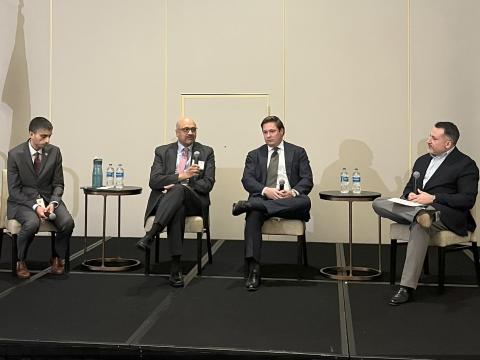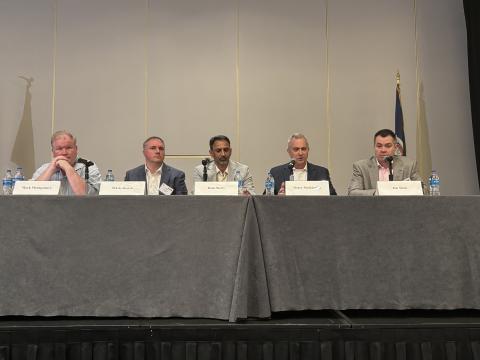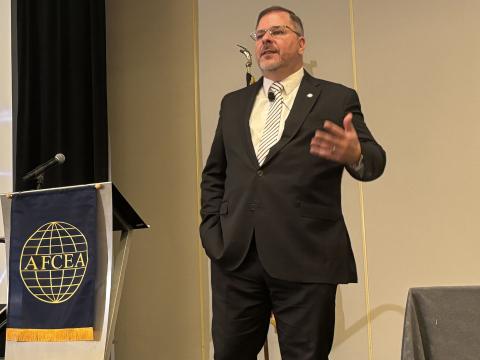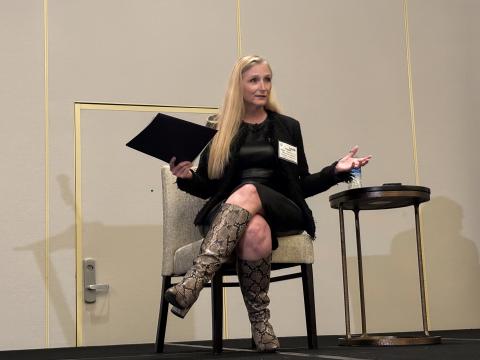Security Treasure Hunt Closer to Its Gems
The U.S. Cyber Challenge's (USCC's) Security Treasure Hunt wrapped up last week after more than a month of participation by students in three states. The event aimed to identify potential cybersecurity professionals through an online competition that presented players with a target system containing security vulnerabilities to assess and fix. (For more information, see the SIGNAL Online article Online Security Treasure Hunt Uses Competition to Find Talent.) Now, event coordinators are assessing results to determine who will win free trips to cyber camps this summer to advance and prove their skills further.
Adults age 18 and older enrolled in schools in California, New York and Delaware were eligible for the Security Treasure Hunt. Students competed only against others in their state, and winners will attend camps hosted by their state. Despite the geographic differences, the competition was largely uniform. "At this point we see no significant differences by state other than the length of the competition," Karen Evans, director of the USCC, says. California and New York held the competition open for six weeks. Delaware only opened competition for two weeks. "All states seem pleased with the results," Evans says.
The hunt identified perseverance and interest as well as skills; participants could assess the target system as often as they wanted. Some only made a few attempts, but others competed multiple times. In California, 225 registered users played 1,030 times. "There is a lot of interest in the cybersecurity profession," Evans says. "We need to harness this energy and interest and provide the framework for these competitors to achieve opportunities where their talents and interests will be used to help secure the nation."
State officials currently are validating the testing and determining the victors. In total, 225 students from California, 211 students in New York and 93 students in Delaware participated. The USCC aims to have 15 players attend each camp, which will be held at participating universities.
Evans says the treasure hunt was a success. "This is the first time we did this, and we are pleased with the results," she states. "We would like to increase our participation for future events. We want more states involved in 2011."
Even as winners are being identified, the USCC is working with the three states to set up the camps which will run in July and August. The SANS Institute is assisting with curriculum and instructors. Looking forward, the USCC is making its plans for the next treasure hunt, evaluating successes and determining what it can improve. "We are working to put together a toolkit for other states to use next year," Evans explains. "One of the challenges is being able to expand the age group as each state will have rules that need to be addressed for minors [students younger than college age] to attend overnight camps."
USCC also is hosting other programs including the Common Knowledge Scholarships, which had more than 1,500 participants in its first "challenge round." This effort targets 10th through 12th graders in all U.S. high schools. To win, students must learn as much as possible about the USCC, then take two online quizzes about it. The championship started yesterday and continues through May 27.




Comments